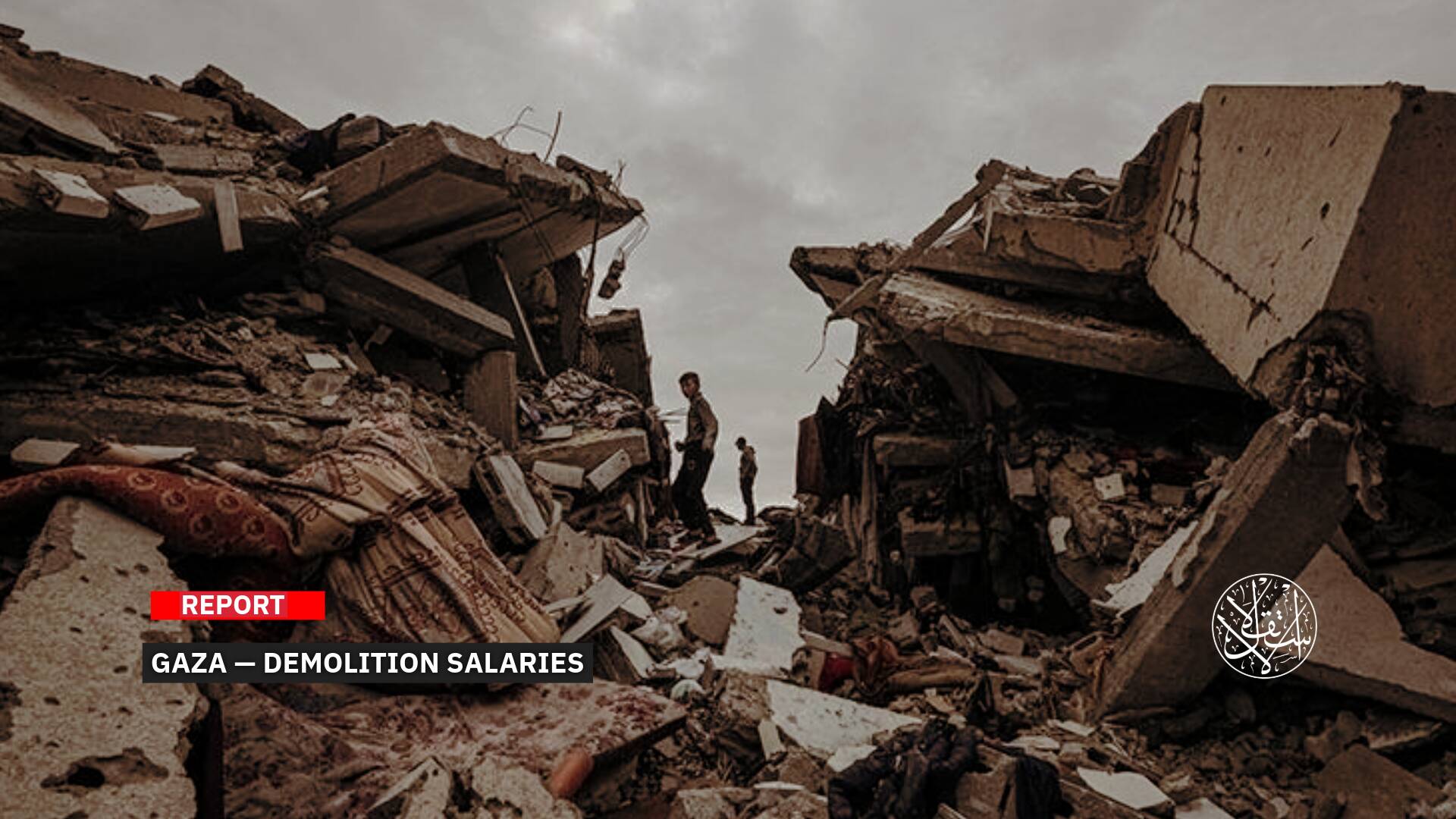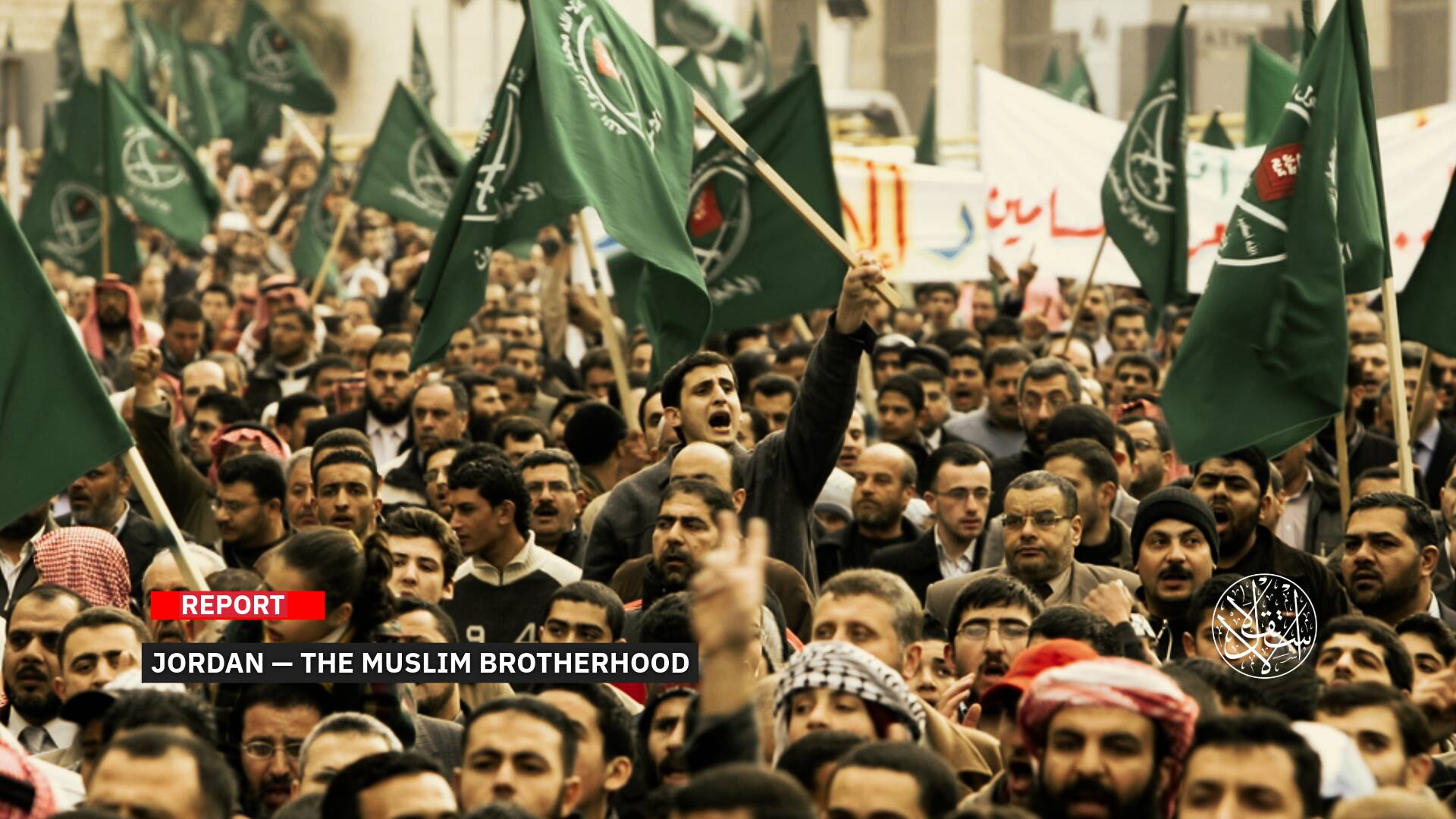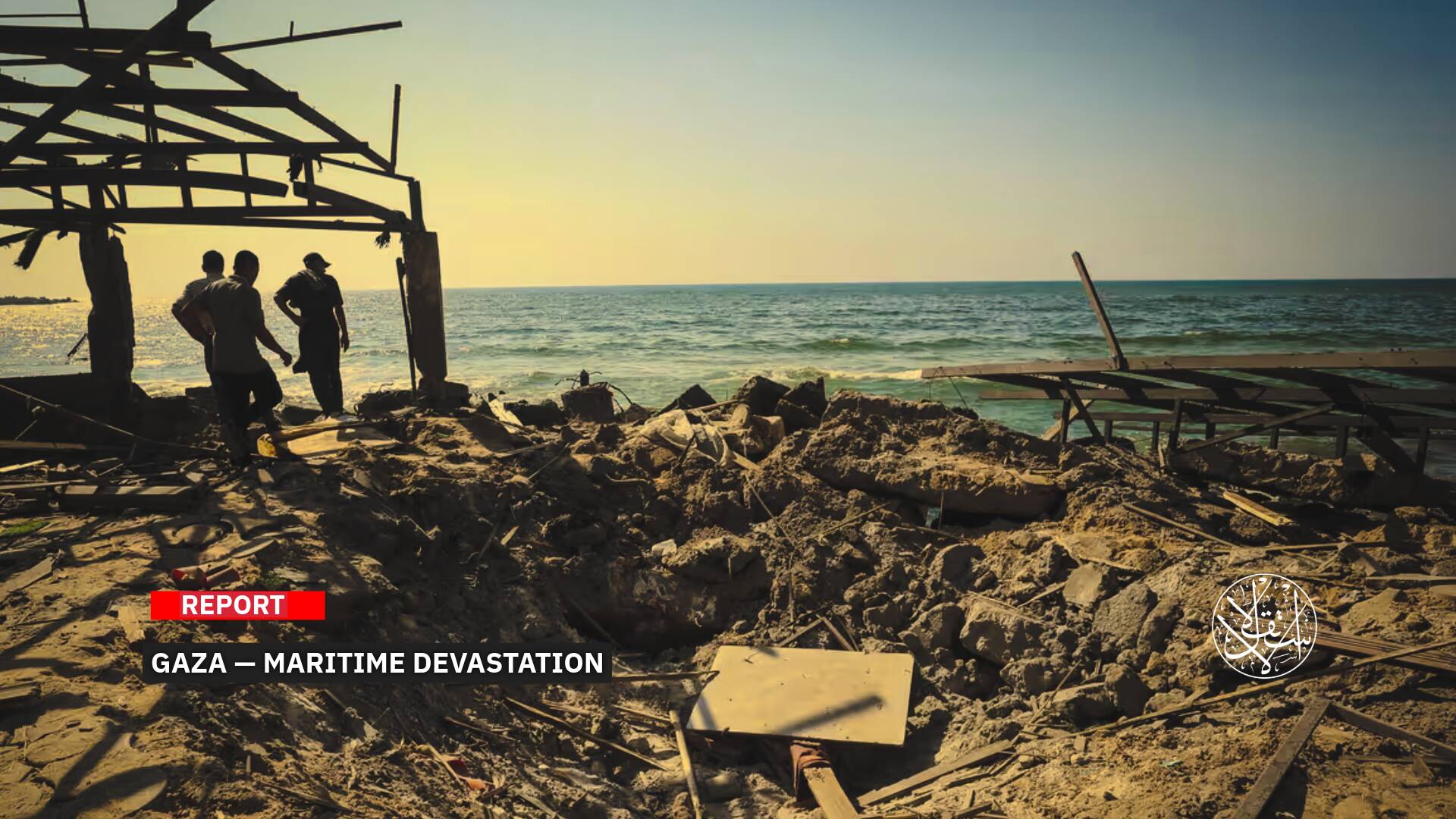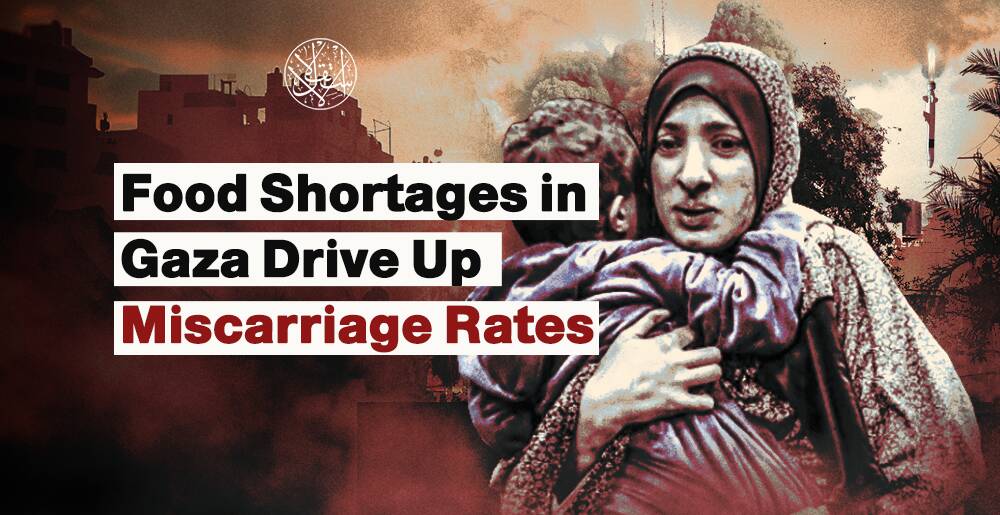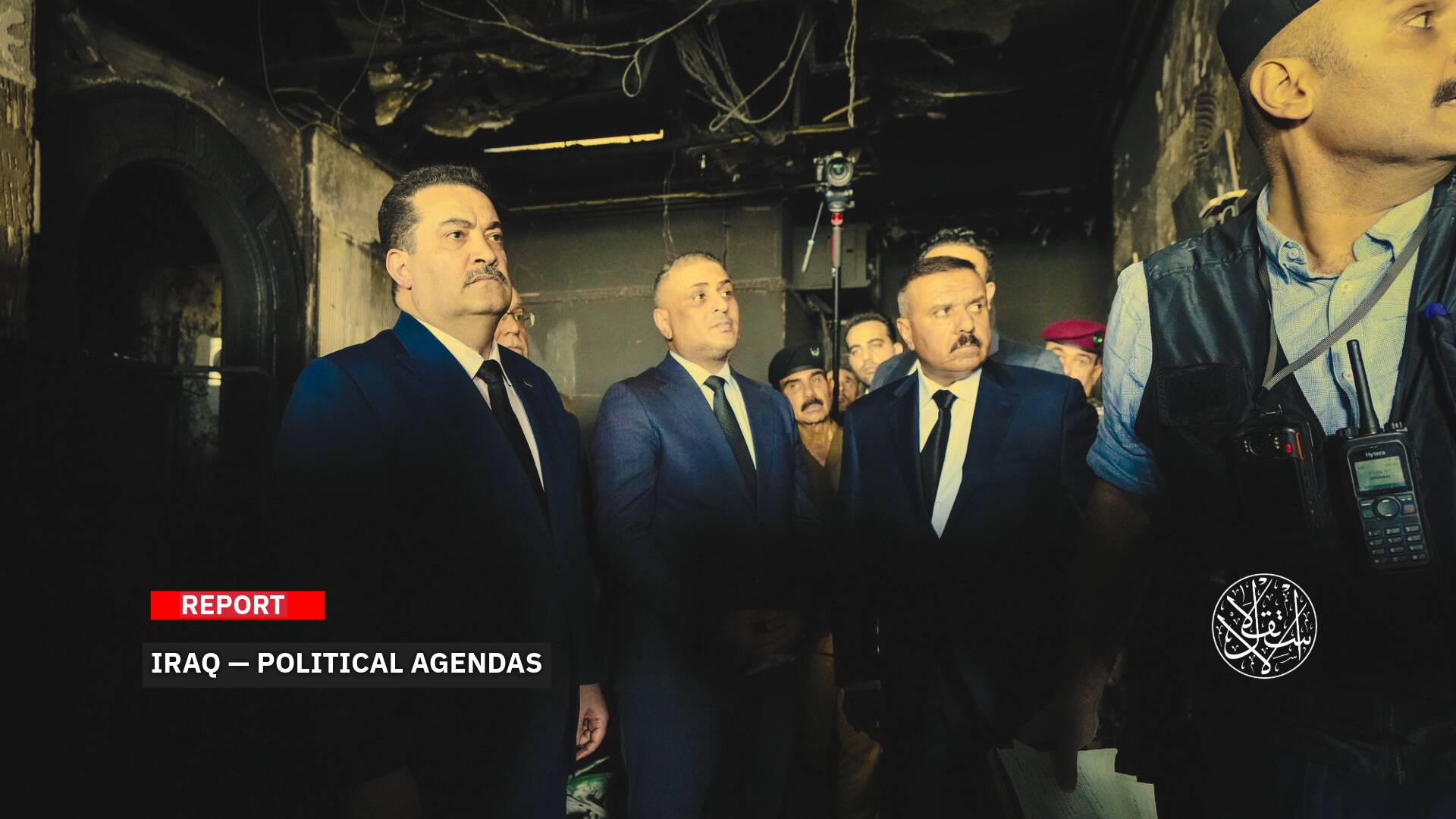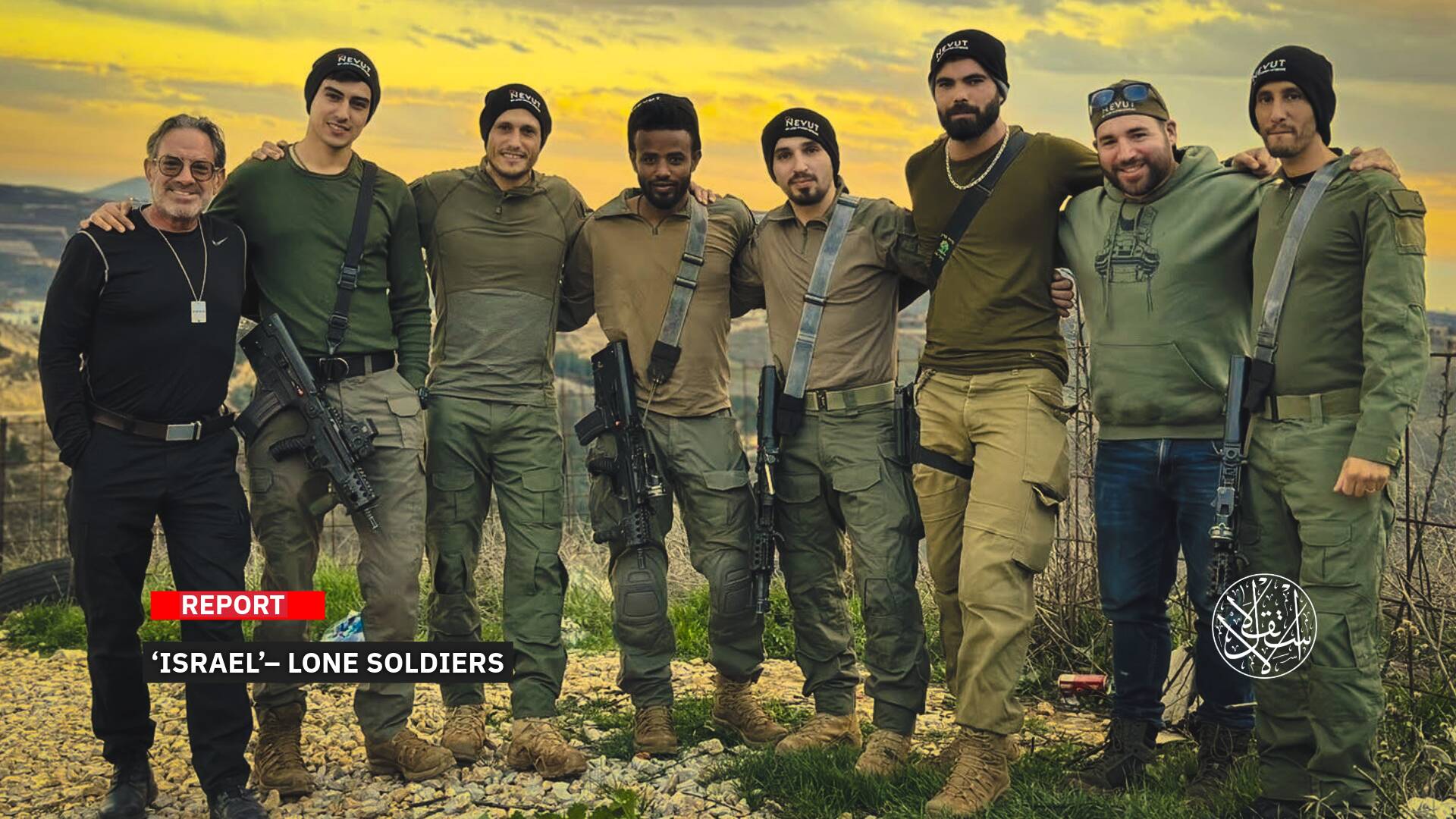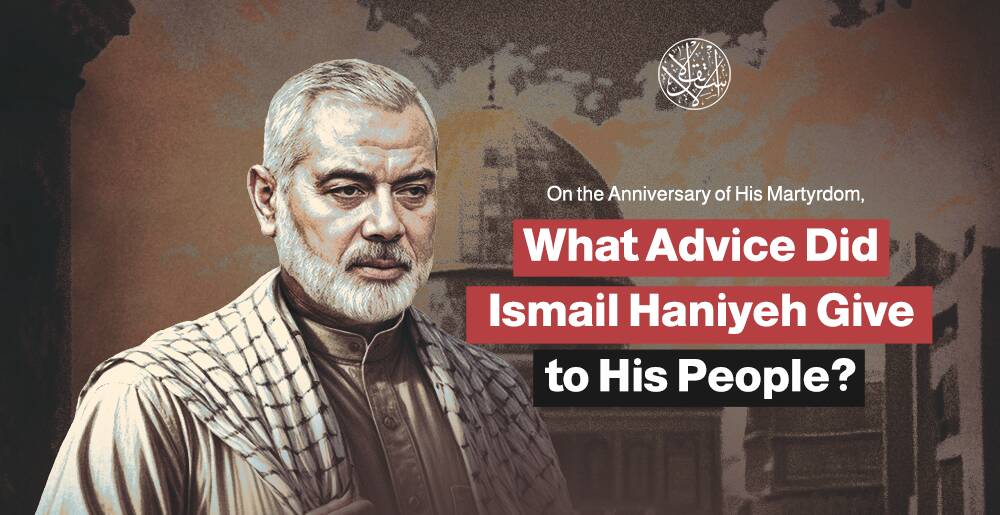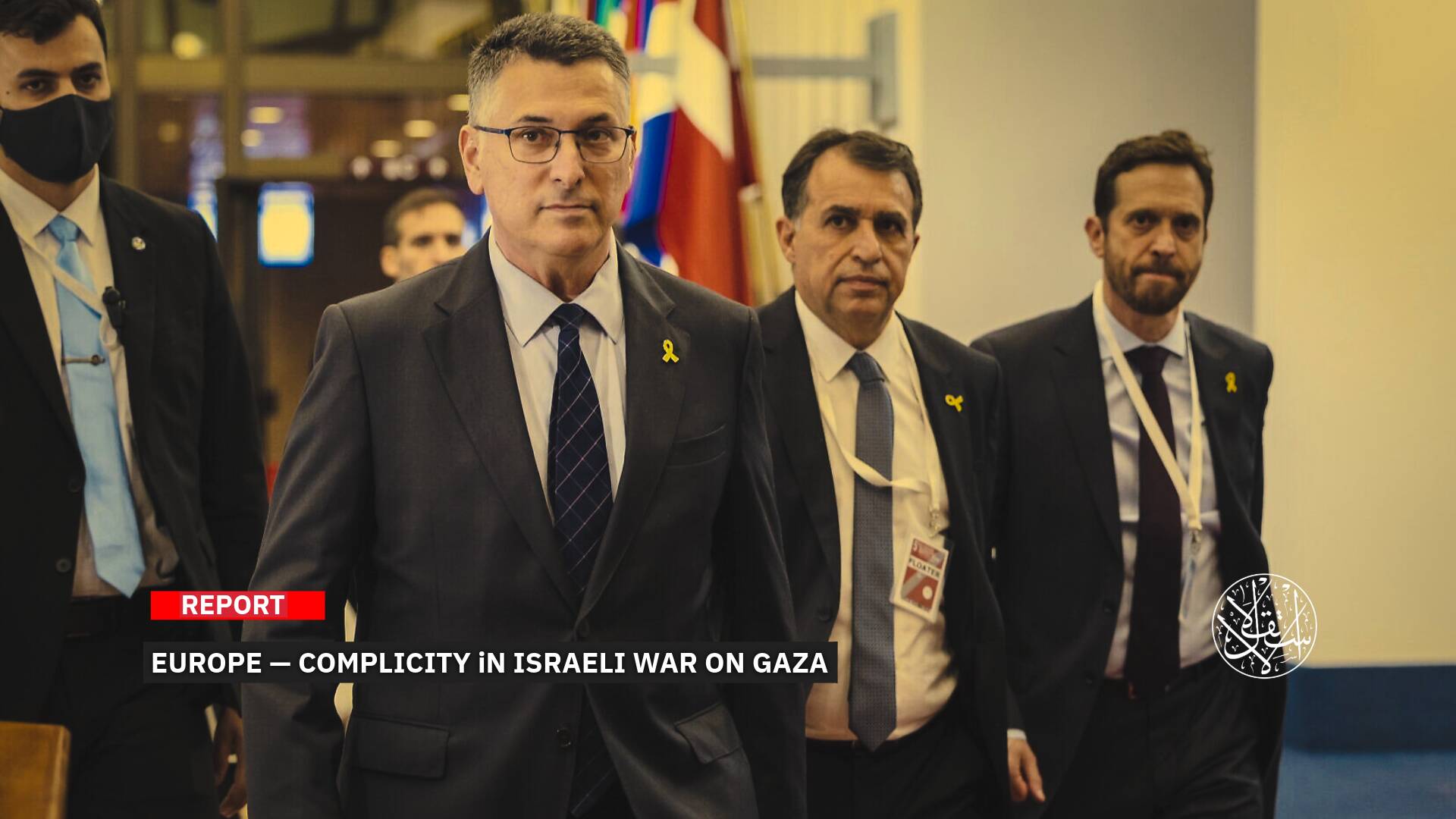Reasons Behind the Increasing Suicide Phenomenon in the Israeli Army
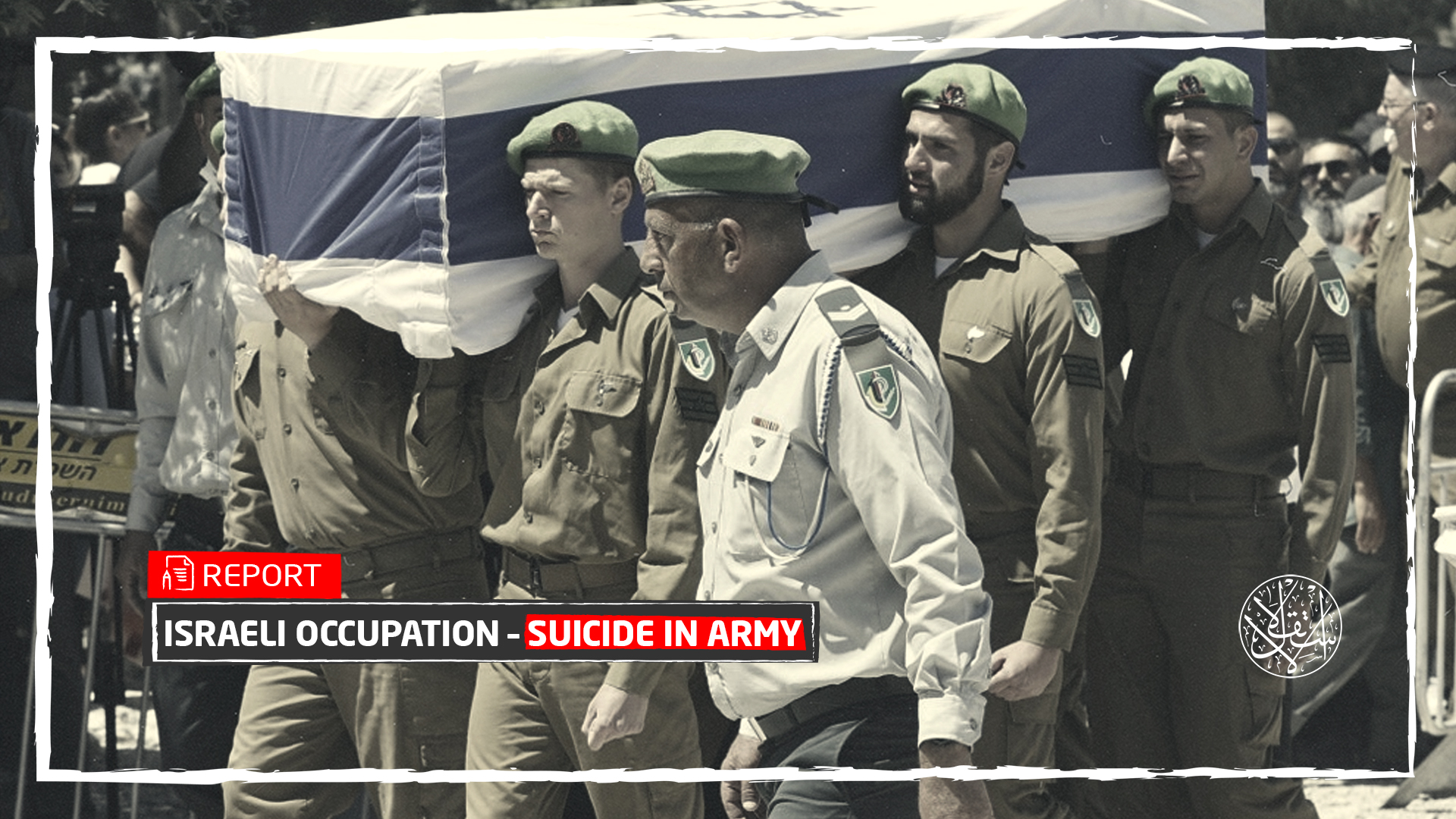
In 2021, the number of people killed by the Israeli occupation army reached 31 people for various reasons, 11 of them "in incidents of suspected suicide," according to a recent statistic.
On January 10, 2022, the Dean of the Israeli Directorate of Manpower, Yoram Knafo, claimed that there has been stability in the number of suicides after years of increasing numbers among soldiers.
However, the numbers show the opposite, as the number rose from 9 to 11 between 2020 and 2021, according to annual statistics.
Suicide has been the most common cause of death among soldiers during the last two years. In 2020, at least nine of the soldiers ended their lives, eight men and one woman.
As one of the main reasons for this phenomenon, observers believe that the confrontations of the occupation army with the Palestinian resistance in Gaza have a direct impact on the psyche of the soldiers, as the number of suicides among those returning from battles in particular increased.
Sad Reality
The suicide phenomenon is rising both in the army and in the Israeli society. At the end of 2021, official statistics of the Knesset Research Center reported by the private Maariv newspaper showed that the Israeli occupation records about 500 suicides annually.
As for the data of the Israeli for Life organization, it says that there are more than 400 suicide deaths (in general) in “Israel” every year, “but the exact number of cases annually is about 30% higher.”
The foundation stated in November 2020, that "the large gap between the numbers is due to the authorities' classification of the official cause of death in some suicides as accidents."

For example, with regard to the case of the soldier T who died in prison after being discharged from service. His case was not classified as suicide, according to what the Hebrew newspaper Israel Hayom said in early 2022, commenting on the latest statistic.
The statistics showed that the number of critical injuries in the ranks of the army during the same year amounted to 67, which is likely to be linked to suicide attempts.
A disabled soldier in the army attempted suicide in front of the Ministry's rehabilitation department in the Tel HaShomer region, live on his Facebook page.
He was soon reached by security guards and taken to hospital. After the accident, his friends said: "We will not be silent about that."
A preliminary investigation conducted by the Ministry of the Army showed that this soldier, who has been recognized since 1994 with a physical disability of 11 percent, and about two weeks before his suicide attempt, submitted a request to be recognized as a post-traumatic stressor, but it appears that the army did not respond to his request.
In recent months, the number of injured soldiers attempting suicide increased. The army's failure to recognize their disabilities may be classified as one of the reasons that push them to end their lives.
Yet, the latest statistics did not reveal that 3 officers of the Israeli Foreign Intelligence Service "Mossad" put an end to their lives within a year.
On December 25, 2021, the Israeli Channel 12 (privately owned) said that Ayalon Shapira was the first Mossad officer to commit suicide.
His father, Moshe, told the channel that he "felt that he was living in the dissonance between his psychological state and his prestigious position and a lot of responsibility and appreciation."
Moshe added, "Ayalon used to go to a psychiatrist once a week at his own expense, and from there he moved to the Mossad and performed his duties both in Israel and abroad."
According to the channel, the Mossad officer committed suicide on March 26, 2020, without revealing any details about the circumstances of his suicide.
A few months later, a soldier and an officer committed suicide in two separate incidents inside the agency's headquarters in the occupied lands, without further explanation of the reasons and circumstances.
Regarding the reasons, the channel said: "In the military system in Israel, in recent years, they have realized that fighters who kill need psychological help. It is time to realize that even those who are not directly involved in the war but still participate in the killing process need someone to take care of them."
Gaza’s Direct Impact
In addition to the previous reasons, military officials say that the Israeli army does not tell the full story, as in Operation Gatekeeper (the aggression on Gaza in May 2021).
The whole story of the attack on the Islamic Resistance Movement Hamas was presented as a great success, later it turned out to be a real defeat, as revealed by Maariv newspaper and other media outlets, which damaged the public's confidence.
Maariv said on January 7, 2022: "Many cases that were recently revealed in the media can be added to the list of the army's misguiding information, including the suicide cases."

The researcher in security and military affairs, Rami Abu Zubaydah, explained: “Many soldiers who engage in military service in the Israeli army have stated on several occasions that they do not want to be engaged in the battles in the occupied Palestinian territories because they might be kidnapped and killed."
Taking into account that the human element is the most important in any military force, all these indicators reflect a fundamental weakness in the very fragile Israeli army, despite all the techniques and equipment it has developed to protect, secure, and track its forces, according to Abu Zubaydah in an article on the Al-Majd security website.
Abu Zubaydah stated in his article at the end of October 2021: “According to recent studies, we find that the majority of suicides are of those who return from the battlefield. Most of the soldiers who committed suicide suffered for a long time from anxiety about the future and lived in a state of constant frustration and confusion and a feeling of not belonging to the military framework."
In general, suicides and evasion of military service can be linked to the operations and battles that take place with the resistance. After any major military operation, we notice an increase in the number of soldiers who have undergone psychological treatment, he said.
Days after the release of the latest suicide statistic, on January 14, 2022, the newspaper Israel Hayom directly attacked IDF Chief of Staff Aviv Kochavi.
In a strongly-worded article, Yoav Limor, its military analyst, said: "Kochavi does not accept advice and does not listen to criticism. He has a complex known to leaders: he makes a team of wonderful people, but they repeat his ideas and do not present ideas that challenge him. Whoever tries to challenge him gets excluded."
Limor pointed to the low confidence of the Israeli public in the army, as stated in the Israel Democracy Institute's index, and considered it "the beginning of a dangerous trend and steps should be taken to curb it, but Kochavi did nothing."
He added sarcastically that the IDF's only real test during Kochavi's mandate was the Operation Guards of the Military Fences in Gaza. The army’s achievements were very limited. This did not stem from military problems, but rather from something else, which is the ceiling of very high expectations, which was shattered on the ground of Gaza.
Counter Measures
In his attempt to resolve the crisis, the head of the IDF's Manpower Division, General Moti Almoz, addressed the issue of suicide.
In January 2021, he said, all commanders in the Joint Chiefs of Staff are undergoing a workshop with professionals to deal with this issue.
A report published by the newspaper Yediot Aharonot at the time quoted the general saying: "Technological detection capabilities were used, and we rescued four soldiers who were about to end their lives, and we are being careful because of the consequences of the Coronavirus."

It indicated that "the Israeli army is increasing the use of rapid means to locate missing soldiers or those whose lives are in danger, and we are investing heavily in information and monitoring, and senior officers must locate the guideposts, and interview the soldiers."
It stressed that "the most important thing that the military authority in the Israeli army can do is to draw lessons from previous suicides, because there is a whole group of soldiers who may live for days and months in psychological distress, and they have not yet decided whether they will commit suicide."
It explained that the increase in suicides among the army indicates the growing mental disorders among its soldiers.
The army mental health system conducted a thousand video sessions with soldiers, and it was found that there was a 40 percent jump in psychological and mental inquiries.
The Army received 1,710 applications from soldiers, including 26 who were classified as endangered.
In some cases, they were determined to be about to end their lives by committing suicide, Almoz said at the time. He added that they "prevented about 400 suicide attempts during the year 2021."
Yedioth Ahronoth newspaper revealed in early 2021 that the army leadership is countering suicide phenomena among soldiers, by reducing the number of guns in their hands, according to a recently approved plan.
It indicated that the army is withdrawing guns from those who do not have to carry them during their missions, such as soldiers working in internal units, or those who go through non-offensive training courses, in an attempt to reduce the phenomenon of suicide.
In early January 2021, the Hebrew newspaper Haaretz said, commenting on the latest statistics, that the army had developed various means and programs designed to reduce the phenomenon of suicide among soldiers.
It concluded by saying that "it is remarkable that the death of soldiers by suicide is greater than their death by accidents, diseases, and even as a result of military operations."
Sources
- Statistics: 31 soldiers of the enemy army were killed during 2021, 'a third of them died by suicide' [Arabic]
- Hebrew channel: 3 Mossad officers committed suicide within a year [Arabic]
- Statistics of suicides among Israeli soldiers during 2020 [Arabic]
- Why do the rates of suicide and evasion of conscription increase and combat motivation decrease in the ranks of the occupation army? [Arabic]


